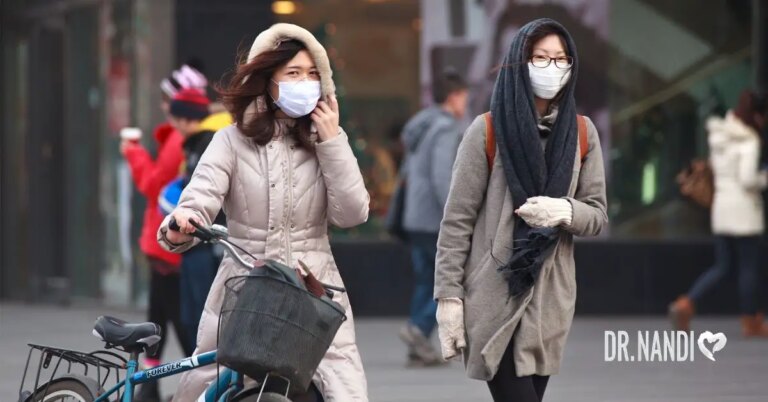According to a study from the University of Alberta in Canada, teenagers who go to bed late and wake up late have a higher risk of asthma and allergies than those who go to bed and wake up early. (1)
A Good Night’s Sleep
“This is the first study to examine the possible role of different sleep preferences in teenagers’ risk of asthma and allergies. It opens up an interesting and important new line of research,” says Professor Thierry Troosters, President of the European Respiratory Society. “We already know that sleeping well is important for physical and mental health, so we should continue to encourage teenagers to get a good night’s sleep.”
Allergies and Staying Up Late Study
The research was conducted by Dr. Subhabrata Moitra of the University of Alberta’s division of pulmonary medicine. “Asthma and allergic diseases are common in children and adolescents worldwide, and the prevalence is increasing,” he says. “We know some of the reasons for this increase, such as exposure to pollution and tobacco smoke, but we still need to find out more.” (2)
The study dubbed PERFORMANCE (Risk Factors of Asthma and Allergy-Related Diseases among Adolescents) followed teens aged 13 to 14 living in West Bengal, India. The participants were asked a series of questions regarding wheezing, asthma, runny nose, sneezing, etc., and then established if they had early or late sleep habits. (2)
Melatonin, Allergies, and Staying Up Late
“Sleep and the ‘sleep hormone melatonin are known to influence asthma, so we wanted to see if adolescents’ preference for staying up late or going to bed early could be involved in their asthma risk,” says Dr. Moitra. (1)
Researchers also asked how tired the teens felt when they woke up. Their symptoms were compared to their sleep preferences. Other possible contributors to asthma symptoms, including where they live and if they had smokers in the household, were also considered. (1)

Higher Risk for Allergies and Staying Up Late
The study showed teens with later sleep patterns had three times more chance of having asthma than those who preferred the early sleep schedule. The risk of having allergic rhinitis was twice as high in the same group. (1)
“Our results suggest a link between preferred sleep time and asthma and allergies in teenagers,” says Dr. Moitra. “We can’t be certain that staying up late is causing asthma, but we know that the sleep hormone melatonin is often out of sync in late-sleepers, and that could, in turn, be influencing teenagers’ allergic response.” (1)
Phase II of Allergies and Staying Up Late Study
The team has scheduled a second phase of the study with a new group of teenagers. Their purpose is to determine if there are changes to teen sleep habits about their respiratory health. This second phase will help quantify their initial findings, including objective lung function measurements and sleep time. (1)
“We also know that children and young people are increasingly exposed to the light from mobile phones, tablets, and other devices, staying up later at night,” says Dr. Moitra. “It could be that encouraging teenagers to put down their devices and get to bed a little earlier would help decrease the risk of asthma and allergies. That’s something that we need to study more.” (1)
Hope to Reduce Conditions
“We need to know much more about why asthma and allergies are rising in children and teenagers and, hopefully, find ways to reduce these conditions,” says Professor Troosters. (1)


















